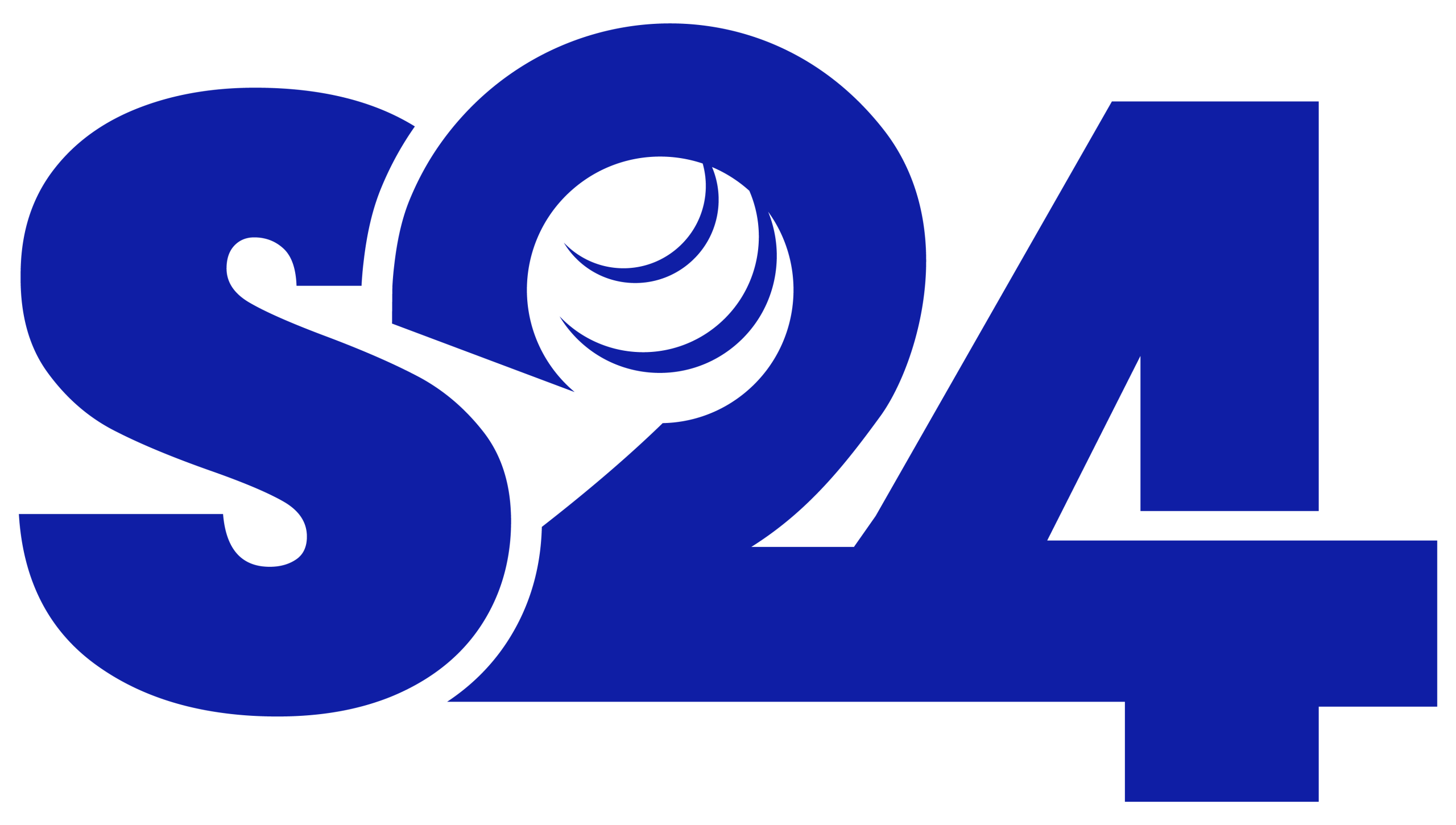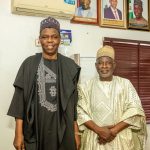The proposed 2027 Electoral Act Amendment Bill has suffered a setback in the Nigerian Senate, following disagreements among lawmakers over key provisions of the bill, particularly those related to electronic transmission of results, party primaries, and campaign financing limits.
The bill, which was slated for consideration during plenary on Thursday, October 17, 2025, was stepped down after intense debates and procedural objections raised by several senators.
Sources within the National Assembly told reporters that the disagreements centered around clauses seeking to redefine INEC’s powers, especially on technology deployment, and the timeline for conducting elections ahead of the 2027 general polls.
Senator Enyinnaya Abaribe (APGA, Abia South) reportedly opposed sections of the amendment that could, in his words, “weaken the independence of INEC and give room for manipulation under the guise of administrative control.”
Senate Passes National Identity Management Commission Bill
Similarly, Senator Ali Ndume (APC, Borno South) argued that certain proposed clauses lacked clarity and could create constitutional conflicts between the Electoral Act and the 1999 Constitution.
Due to the rising tension during the session, Senate President Godswill Akpabio called for a suspension of further deliberations to allow for broader consultations between the Senate Committee on Electoral Matters, the Independent National Electoral Commission (INEC), and other relevant stakeholders.
Akpabio noted, “This is a critical piece of legislation that will shape Nigeria’s democratic process ahead of 2027. We must ensure that all stakeholders are properly consulted to avoid rushing into amendments that may cause confusion later.”
The bill, which seeks to address operational challenges experienced during the 2023 general elections, includes provisions for improved logistics, diaspora voting, campaign expenditure limits, and enhanced technology for voter accreditation and result collation.
However, civil society groups such as the Centre for Democracy and Development (CDD) and Yiaga Africa have expressed concern over the delay, warning that time is running out for necessary reforms before the next general elections.
In a joint statement, the organizations said the National Assembly must prioritize “transparency, inclusiveness, and timeliness” in the amendment process to avoid a repeat of late reforms that affected preparations in past elections.
The bill is expected to be revisited after the Senate Committee on Electoral Matters submits its harmonized report in the coming weeks.
Political observers believe the eventual passage of the amendment will be a major test of the Senate’s commitment to deepening electoral integrity and public trust in Nigeria’s democratic process.








